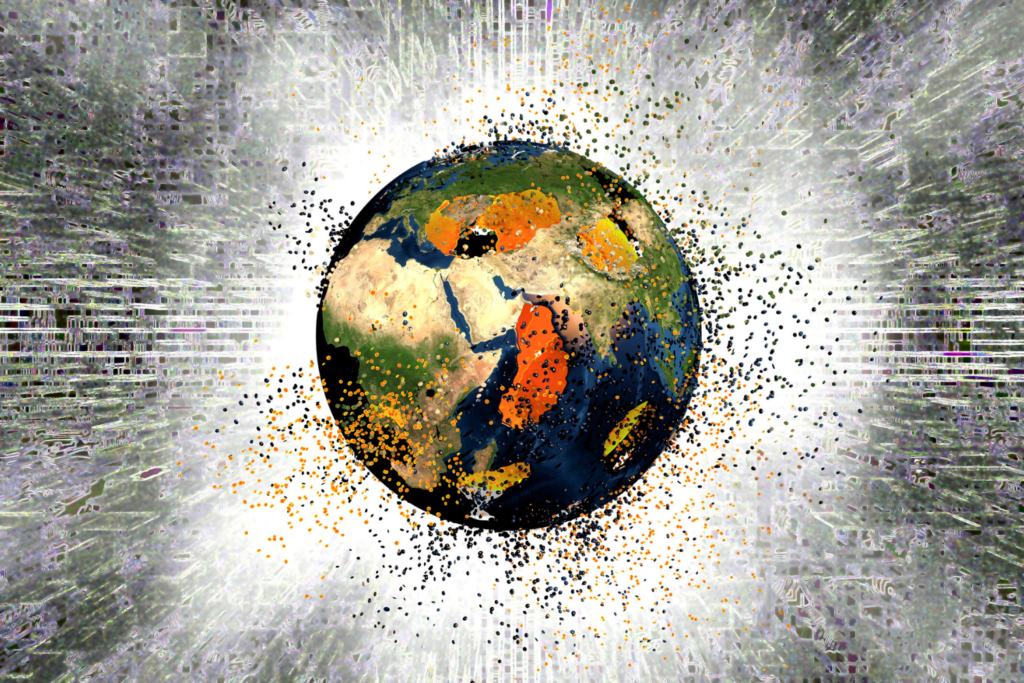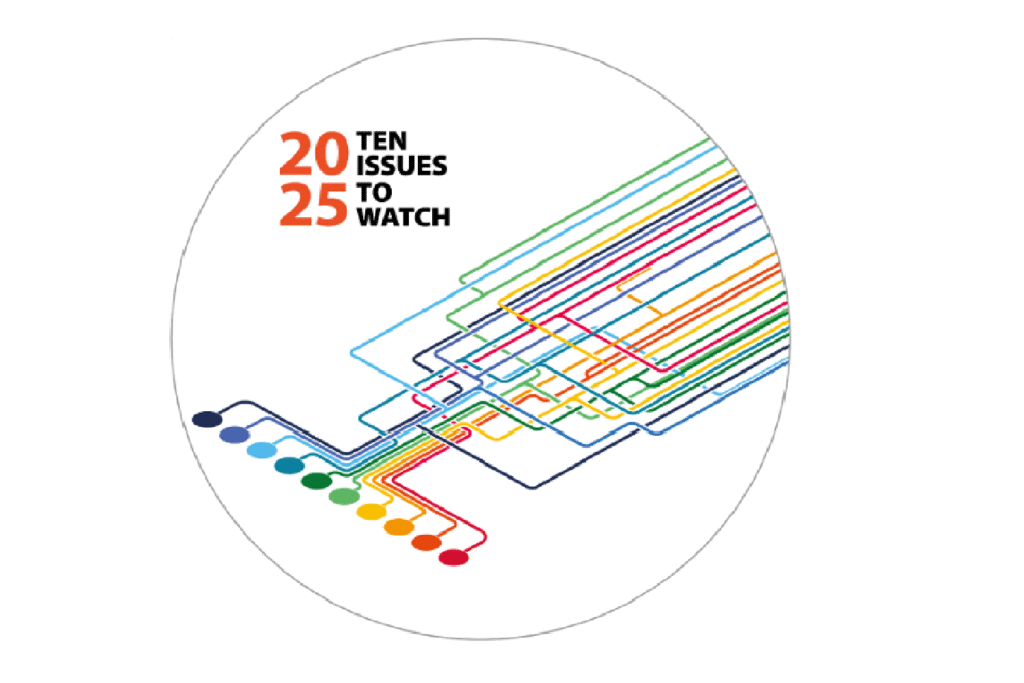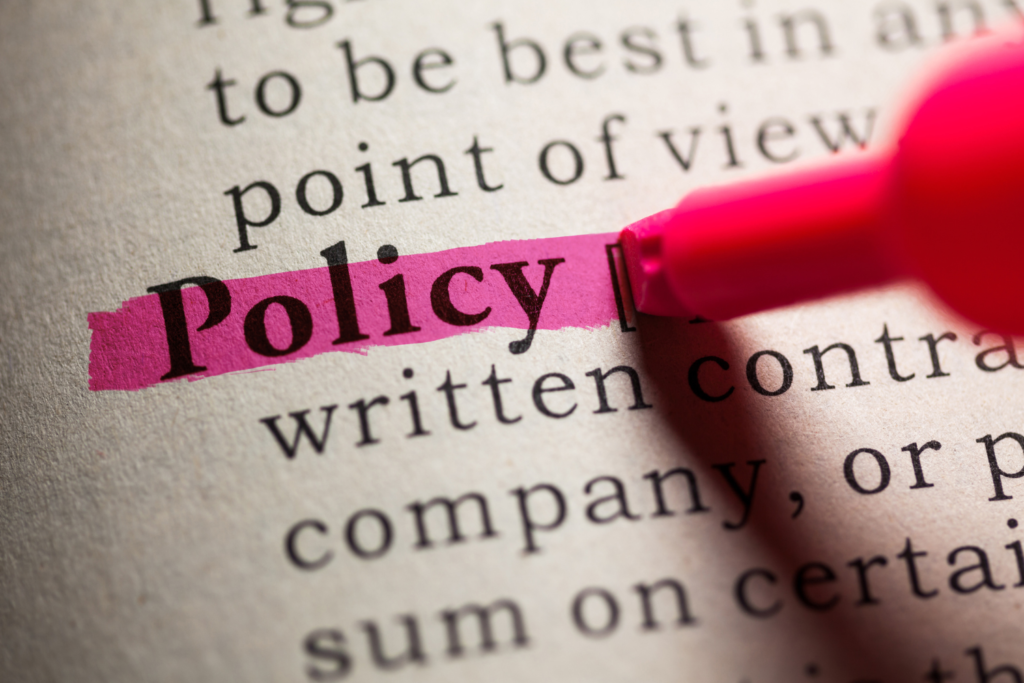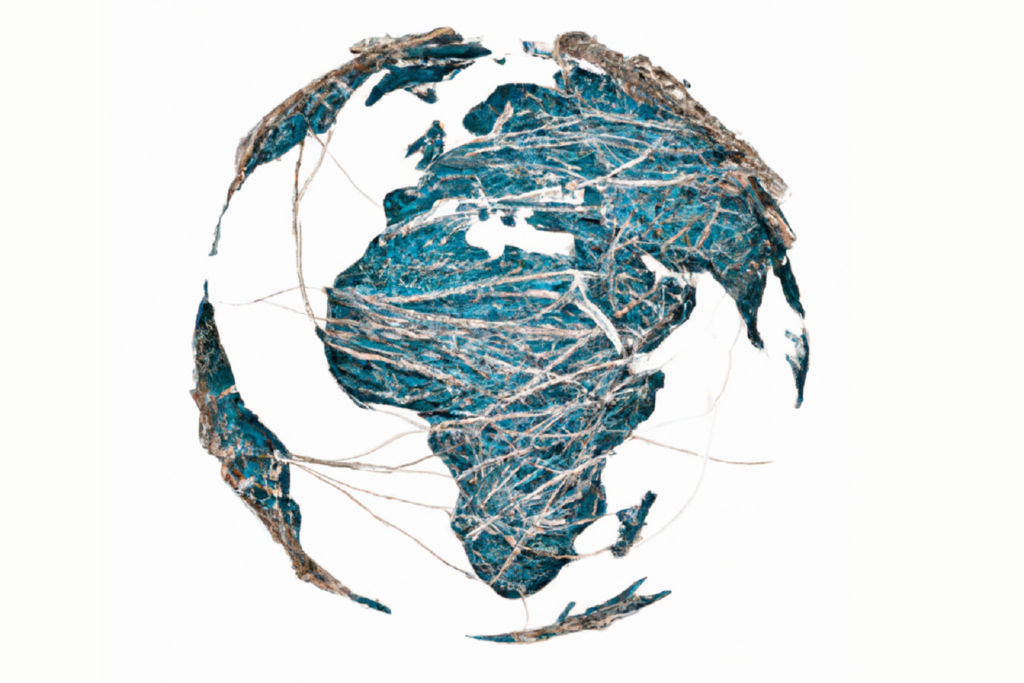Polycrisis and Political Cynicism: What are the Links?
The author examines the mutually reinforcing relationship between political cynicism and the emerging polycrisis. Verret integrates concepts such as governance performance, political distrust, and populism into a systemic analysis. He concludes that political cynicism both exacerbates and is intensified by economic instability, democratic backsliding, and governance failures, creating positive feedback loops that amplify systemic stress.
Polycrisis and Political Cynicism: What are the Links? Read More »










